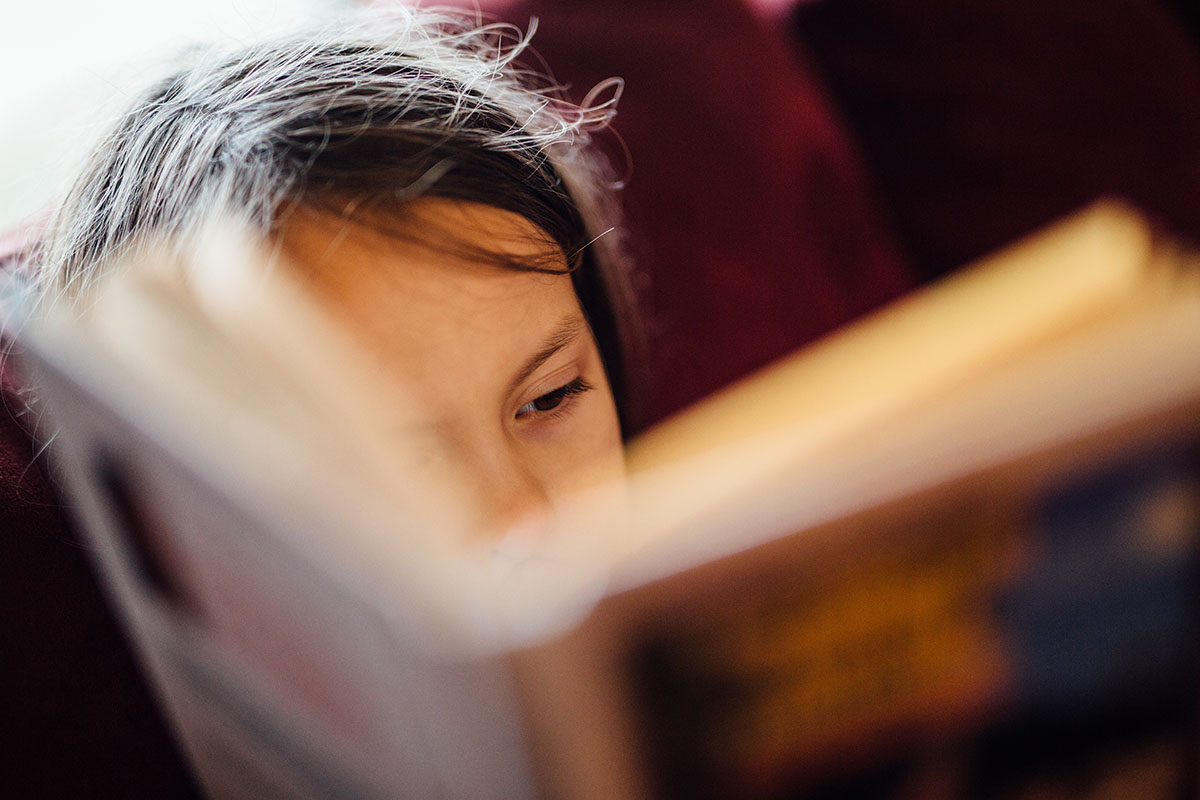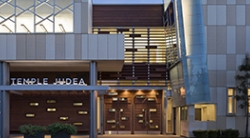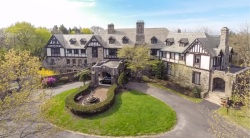
The bright student gets praise from teachers, parents, family members, and close friends – all of whom are unaware that there are troubling waters beneath the surface of this wellspring of knowledge. Being gifted and talented is not a simple issue. It brings with it any number of complications that can turn a blessing into a curse and can ruin the life of a promising student. Parents, especially, need to be aware of the double-edged sword their child holds – the good and the challenge.
In other words, a gifted child can also have a “dark side.”
Recent studies have shown that there is often a schism between gifted children and their parents who recognize the child’s talent and brilliance and want to push that child to greatness. Devoted parents are also sometimes dominating parents who can cause more harm than good, with the result being a failed adulthood for their child. Many gifted children grow up without sustaining the genius they exhibited as children.
Teachers rave about intelligent students – unless those students are also disruptive. They marvel at creative students – unless those students don’t follow directions. Parents brag about their smart kids – and don’t bother to notice the frustrations and abnormal behavior. They stress the positive while overlooking or denying the negatives. Abnormalities don’t come one at a time – they sometimes come in multiples.
Gifted children can be social misfits, feel isolated, and be unpopular at school. They can upset teachers who are unaware of the dichotomies involved when gifted students are struggling with traditional classroom restrictions. They upset parents by being emotional, overreacting to situations, acting out, or being frustrated.
There is also a dynamic involved. Gifted children’s needs keep changing, and parents often miss those changes, choosing to take what they first see and “run with the ball” without stopping to check how things really are and how things might be different now.
Identifying Complications Faced by Gifted and Talented Students
G.T. Betts and M. Neihart studied gifted children and developed profiles of personality traits a few years back. The profiles seem valid today and create a picture of the complexities faced by gifted students. Here are the personality types known as the Betts and Neihart Matrix.
Type 1: The Successful Student
These are the high-achieving students who do well in school and are liked by teachers and peers. They know how to study and take tests, and they have little difficulty with schoolwork.
They will have problems because they are dependent on teachers, parents. and others who praise them and the success they are having, but they are unaware of their deficiencies. They are just going through the motions at school because it’s so easy for them. They haven’t had to work to develop new skills and will become underachieving adults, not lifelong learners.
Type 2: The Creative Student
Creative students challenge thecurrent thinking of teachers (as well as parents) because they see things in different ways and are divergent learners. This gets them into trouble because they are non-conformists and can be disruptive in the classroom – or in the home.
They feel their talents aren’t noticed, they aren’t’ recognized with awards or honors, and they suffer from low self-esteem as a result. They can be obstinate and sarcastic and may have few friends. Their self-evaluation is negative, and they often become dropouts in high school or earlier.
Type 3: The Underground Student
Gifted students soon realize that school is hard for most students. The normal population shuns anyone who appears to be smarter, more successful, and more popular with teachers. Facing a need to be wanted, these gifted students will hide their giftedness to fit in with the non-gifted crowd. They go underground.
Females take this approach in part because they are anxious and insecure. Or they take this path for the same reason males do, to participate in sports without alienating other members of the team. These gifted individuals would rather be accepted socially rather than be true to the talents they possess.
Type 4: The At-Risk Student
Gifted students are unique learners and have individual learning preferences and pacing. They see problems differently than most and have aninsatiable appetite for details in their striving for perfection.
But the traditional classroom may not be able to accommodate this appetite. The teachers may not be able to provide all the details or allow a different learning path. This dissatisfaction with teachers can make the gifted students angry because they feel they are not being supported. This puts them at risk.
The same can happen at home with parents, and the students can feel depressed when parents don’t have the time or inclination to entertain the special interests of their gifted child. These children need guidance, possible counseling, and a strong adult who can explain how and why others act as they do toward them, and how they may better accept and respond to these situations.
Type 5: The Twice/Multi-Exceptional Student
Twice-exceptional students are gifted and also have some disability, whether that be learning, physical, or emotional. They may be autistic or have dyslexia. Their giftedness may not show, or their disability may not show. This is where teachers and parents need to pay closer attention to students and perhaps recommend further testing if anything doesn’t seem right (like a gifted student having trouble reading).
Twice-exceptional students can easily become frustrated, angry, and isolated. Having low-esteem, they may find it difficult to understand why they can’t do better in school or why they are “different” from others.
Type 6: The Autonomous Student/Learner
Gifted students have a strong curiosity and drive for knowledge. They are autonomous learners. They want to delve deep into a subject they like and may seem obsessive. At home, they might spend a lot of time on the computer or read books that take them further in their quest. Parents can usually support these efforts.
At school, it may be more difficult. While they may have mastered the school system and can complete all assignments early, they will need the teacher’s support to spend time on their particular passion or permission to do special projects to further their understanding of the subject being studied.
What Parents and Teachers Can Do
Each of the personality types above needs to be identified and given the support appropriate to their individual situations in meeting their special needs. But in general, the experts say to recognize all sides of the gifted child, not just the apparent giftedness. This includes the challenges like physical, social, emotional, and psychological issues. It may include learning difficulties.
Parents should hold their children accountable, but let them find their own way, lose their way and find it again. They should look for changes. They should listen, observe, try to understand feelings, and pave the way for growth.
One of the things parents should not do is “re-engineer the fundamental nature” of their gifted children. They have been given a special gift along with a special challenge of some kind. Encourage their gift and help them meet their challenge.






